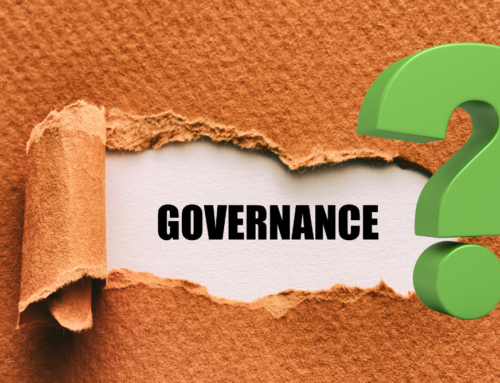Board Composition and Board Size. How many Directors should your Board have?

Nine. Seven. Nineteen.
Ok. It depends.
Here’s how to think about it:
The logic of Board Size and Composition
A Governance Board’s role is to provide oversight of risk, strategy and CEO performance. Doing a good job means that board composition must include a range of Director expertise – something that might not be possible if there are only three or four Directors on the Board.
It’s just as likely that a Board of more than nine Directors is starting to become too large. Even though more Directors means broader expertise, it also means greater challenges managing the Board. Simply getting together in a meeting can be tougher – especially on short notice. Bigger Boards put greater requirements on planning, leadership and process.
Are there bigger Boards of Directors? Sure. Large diverse organizations like banks frequently opt for larger Boards. However, when you see the Board sizes for some of well-known companies it’s obvious even large organizations don’t need large Boards. Apple has eight Directors. Amazon ten. Google/Alphabet eleven.
Board Size Warning: The Executive Committee
Your Board is likely too big when you decide it’s time for an Executive Committee. Executive committees are every Board’s bright flashing signal that they can’t run without devolving at least some Board responsibility to a smaller group. Which is kind of ironic. The bigger a Board gets, the more likely it is to put decision making in the hands of fewer people.
We are not fans of executive committees. For lots of Boards, the Executive Committee dilutes the knowledge, insight and participation of all the Board’s Directors. Too often this happens without the Board realizing what has happened. This puts Directors themselves at risk.
What’s the right number of Directors for your Board of Directors?
Trust your own logic. The right number is likely between five and eleven Directors. To be certain, ask yourself this: does the Board have enough Directors to ensure the skills and expertise of the Board match the key risks and strategies of the organization? If not, first make sure you have the right Directors (Directors with appropriate skills and expertise). Then make sure you have enough Directors.
We have never yet seen a Board that has needed to add Directors. We have seen many get smaller.
The Director’s Guide to Corporate Governance
The Director’s Guide to Corporate governance is a fillable PDF workbook. New Directors will find it is an ideal on-boarding tool. Experienced Directors will appreciate the insight they gain on governance effectiveness, the Board’s role and its operations. The output of completing the workbook exercises is a comprehensive, current Board self-evaluation. Link to more information on the image below.








Leave A Comment